International Day of Prayer, Reflection and Action Against Human Trafficking
February 2, 2021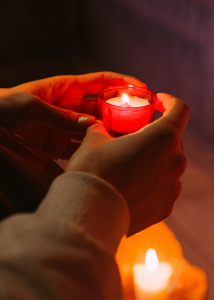 Pope Francis has declared the feast of Saint Josephine Bakhita on 8 February as the International Day of Prayer, Reflection and Action against Human Trafficking.
Pope Francis has declared the feast of Saint Josephine Bakhita on 8 February as the International Day of Prayer, Reflection and Action against Human Trafficking.
Born in Southern Sudan in 1869, St Josephine Bakhita was kidnapped and sold twice into slavery. After gaining her freedom, she dedicated her life to sharing her story and supporting the poor and suffering. Eventually, she became a Catholic and a Canossian Sister. In 2000 she was canonised and she is the patron saint of Trafficked People.
To mark this year’s International Day, Australian Catholic Religious Against Trafficking in Humans (ACRATH) will be part of a special seven-hour Marathon of Prayer moving around the globe. Pope Francis will address us and join us with a prayer at 11:30pm AEDT.
World Day for Consecrated Life
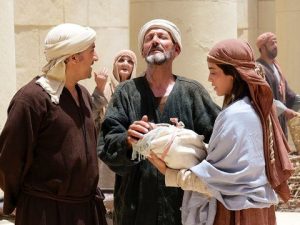 Each year the Church sets aside 2 February, the feast of the Presentation of the Lord, as a day dedicated to the celebration of consecrated life.
Each year the Church sets aside 2 February, the feast of the Presentation of the Lord, as a day dedicated to the celebration of consecrated life.
The choice of this day for the commemoration is deliberate as the feast celebrates both waiting in hope and the encounter with Jesus.
On this day, Jesus was brought to the Temple where Mary and Joseph were met by Anna and Simeon, who had spent their lifetime in prayer and fasting, waiting and longing for a Messiah. For these faith-filled elders, this encounter was the fulfillment of God’s long-awaited promise. Luke tells us that Simeon took Jesus into his arms and broke into joyful praise, while Anna not only breaks into praise but begins to “speak about the child to all who were looking for the redemption of Jerusalem.” (Lk 2:38)
The consecrated life is one that mirrors this response as those who have encountered the Christ in their own lives seek to give witness to that encounter through lives of prayer and service.
Celebrating Australia Day 2021
January 26, 2021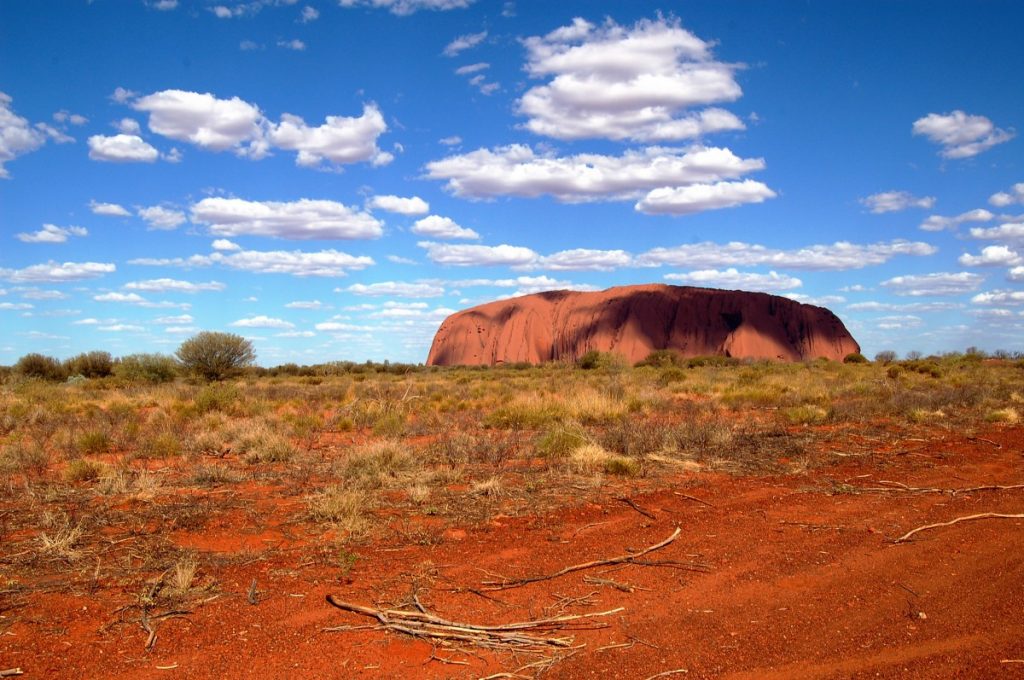
Theme: Reflect, Respect, Celebrate
In 2020, the National Australia Day Council launched a new campaign that calls upon all Australians to reflect, respect and celebrate on Australia Day. According to the National Australia Day Council:
International Education Day 2021
January 25, 2021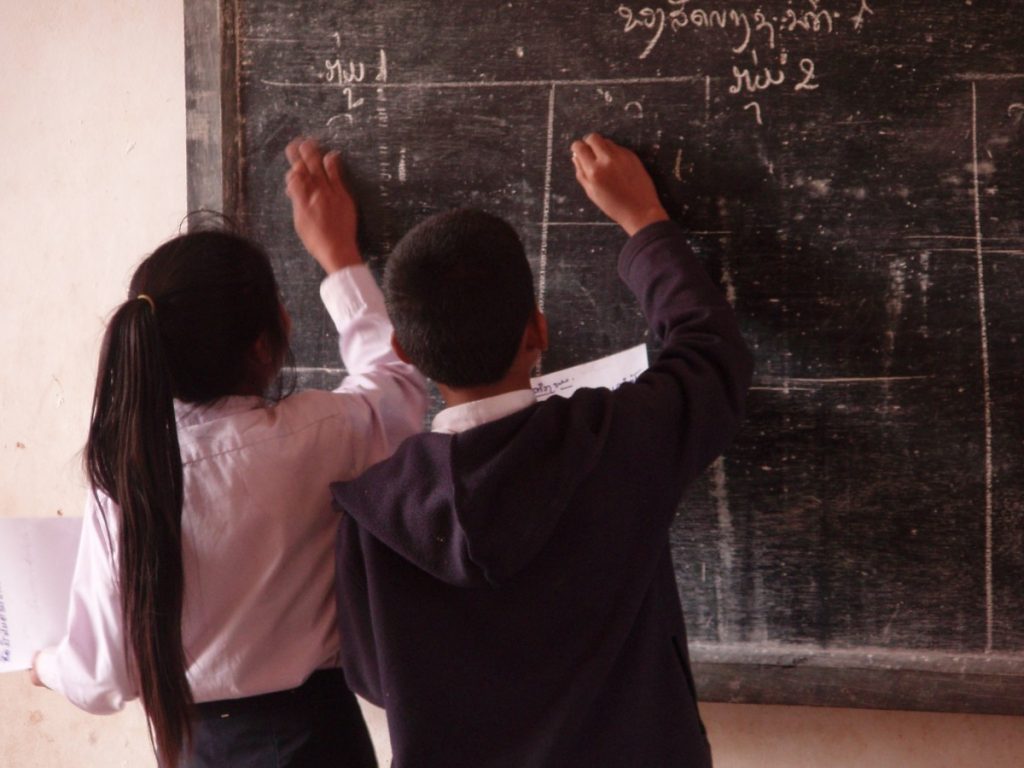
Recover and Revitalise Education for the COVID-19 Generation
This year, the third International Education Day will be celebrated on 25 January (usually celebrated 24 January). In the wake of the COVID-19 pandemic, affecting the lives of 1.6 billion students in over 190 countries, UNESCO chose for its theme the challenging task: Recover and Revitalise Education for the COVID-19 Generation.
I see the United Nations as a great symbol of hope in our divided world, an entity that proves we humans, for all our differences, can work in solidarity to achieve common goals. COVID-19 has shown that our governments and other organisations are getting proficient at working together in partnerships and protecting the outcomes.
Josephites Helping Young in Need, SA 1868
January 20, 2021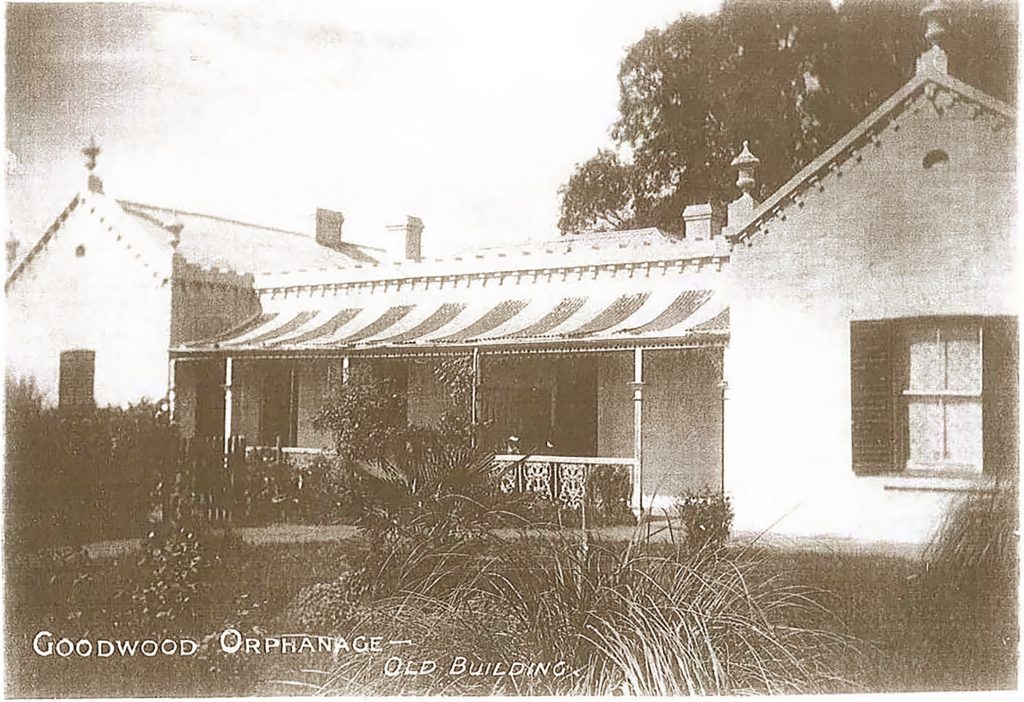
The Josephites’ work with orphans in South Australia began in January 1868.
This occurred when they took charge of the girls from St Vincent de Paul’s Orphanage at Walkerville, Adelaide SA. This institution had initially been established in August 1866 as a home for orphaned and destitute Catholic children and was being supervised by a Board of Management comprising several leading Catholic priests and laymen. The Board had rented a large house at Walkerville with accommodation for thirty children and, as there were no religious sisters in the diocese at the time, had employed a lay matron to supervise it. [1]
The Racetrack’s Appeal
January 19, 2021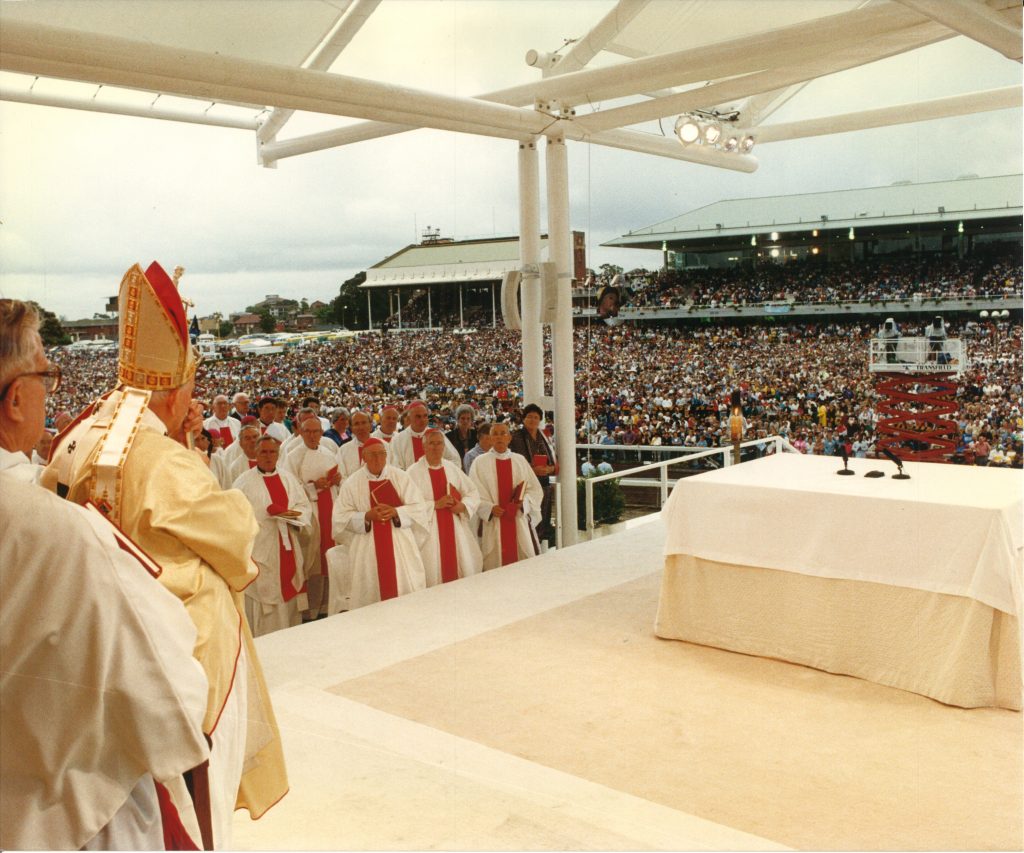
Mary’s Beatification Mass Remembered.
Mary’s Beatification stirred the hearts and minds of all Australians. As a first for this nation, everyone had to learn what beatification was all about. At the time I remember hearing of people talking about Mary’s beautification. That sounded so funny at the time and highlighted the need to understand further what beatification was all about. While there was no need for any further beautification of Mary, beatification gave her the title of Blessed and named and claimed her as a holy one, whose living of the Gospel, provided great inspiration and hope for all Australians and beyond.
Mary MacKillop’s Birthday (15 January)
January 15, 2021Beginnings are important. They often act as a prologue, as it were, to the meaning of what follows.
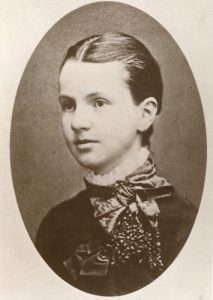
Over past weeks we have pondered the meaning of Jesus’ life as described in the infancy narratives of Matthew and Luke. Right from the beginning, we are told, the birth of Jesus would demonstrate the Good News he would be for the poor; his coming would bring light to the nations and show the world the true path to peace. In the midst of suffering and hardship, the message that God is present with us enables us to find hope, no matter how dense the darkness.
So what of the birth of Mary MacKillop? This child who would prove to be pioneer in so many aspects of Australian religious and social history was born of migrant parents in the pioneer settlement of Melbourne on 15 January 1842. Her father, Alexander, had arrived from Scotland barely four years before, and had married another migrant, Flora McDonald, on 14 July 1840. At first, the family’s prospects looked good, but through a series of unfortunate happenings, Alexander soon lost his favourable social and financial standing, ‘due to a combination of his character, his lack of business sense and the fact that there were a lot of smarter people around.’[1] Nevertheless, Alexander was an intelligent, educated man, passionate for the rights of all, no matter what their background. It can be attributed to his foundational influence that his daughter, Mary, would later be instrumental in assuring in Australia and beyond the right of every child to an education. Her belief in a classless society would bring her grief, as it did her father, yet since it was based on an understanding of the God-given dignity of every human being, it was integrated into her whole way of life, her growth into sanctity.
New Year 2021
January 4, 2021Greetings as we begin a new year – a year which lies before us with opportunities for creating a new way of living in our world.
As Rainer Maria Wilke in his poem on New Year reminds us: “And now we welcome the new year, full of things that have never been.” [1]
As we close the door on 2020 and open the new door to the possibilities that 2021 hold for us, we look back and ask ourselves what wisdom do I carry with me into this new year? What memories do I hold of times when I drew upon my courage and resilience to make sense of the challenges with which 2020 presented us? Let us give thanks as we enter this new year, we do so with the promise of a vaccine to immune populations against the spread of COVID-19.
This New Year also marks the 54th World Day of Peace. This year Pope Francis has chosen the theme ‘A Culture of Care as a Path to Peace.’
